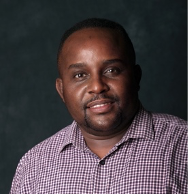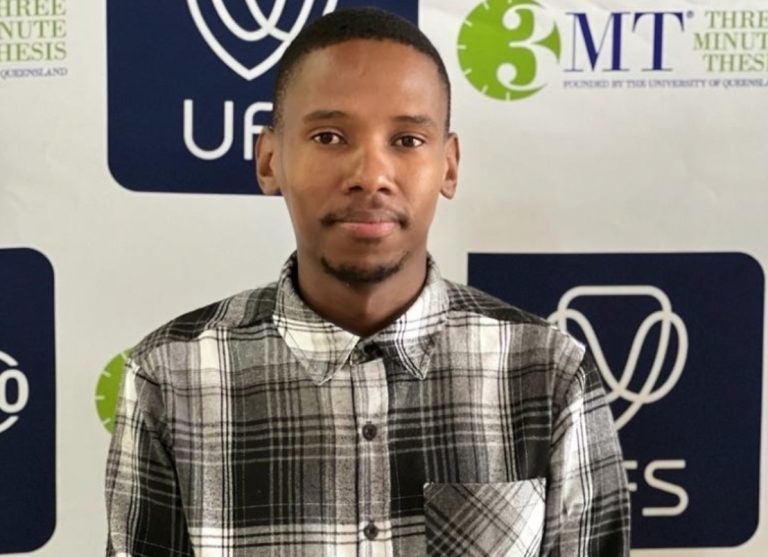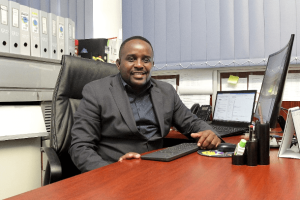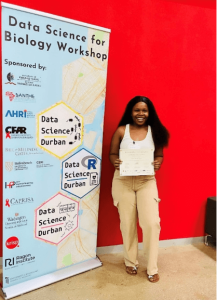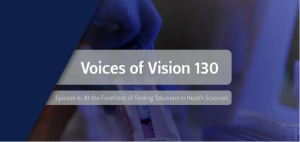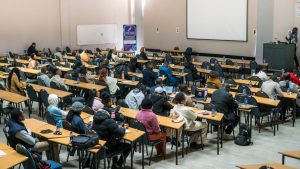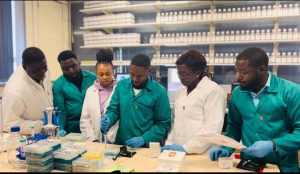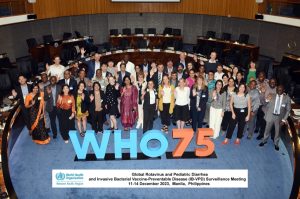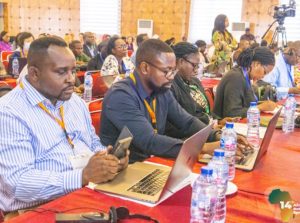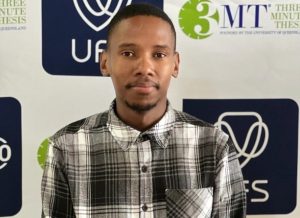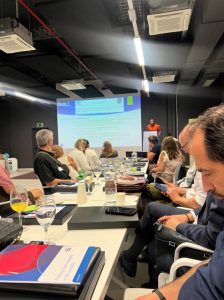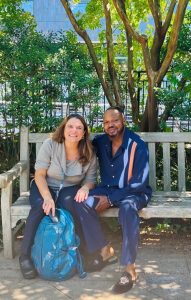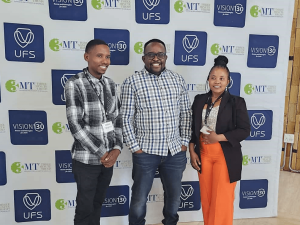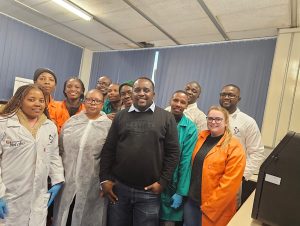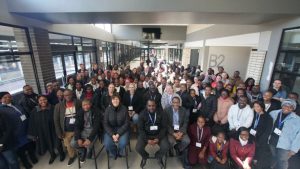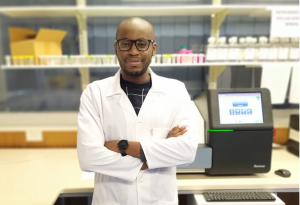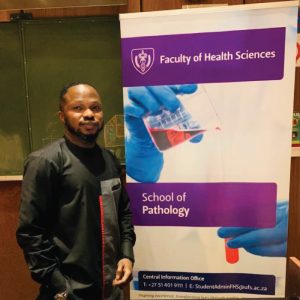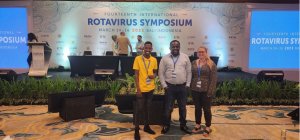Milton Mogotsi, a PhD student at the University of the Free State (UFS), has secured a remarkable victory in the esteemed National 3 Minute Thesis competition (3MT), rising above formidable competition nationwide. This achievement follows Mogotsi’s earlier successes at faculty and institutional levels, where his presentations on the enteric virome of infants in the Free State stood out for their brilliance and significance.
The annual competition serves as a platform for postgraduate students to enhance their academic, presentation, and research communication skills by succinctly explaining their research to an intelligent but non-specialist audience within a concise 3-minute timeframe. Reflecting on his initial reaction to the news, Mogotsi expressed a mix of shock and excitement. “I was genuinely shocked and excited when declared the winner,” he shared. This victory marked a significant milestone for Mogotsi, as a first-time participant, showcasing the excellence of both the UFS and the Faculty of Health Sciences.
Exploring uncharted territories Mogotsi’s groundbreaking research delves into the unexplored domain of the enteric virome in infants, a subject inspired by his earlier master’s study in microbiology. “I was first introduced to this research during my master’s degree, and compelling findings motivated me to pursue further studies,” explained Mogotsi. Guided by his mentor, Prof Martin Nyaga, Mogotsi’s doctoral journey unfolded into a profound exploration of the complexities of viruses colonising infants’ guts and their implications on infant health. Sharing key findings, Mogotsi highlighted that, despite detecting several disease-causing viruses in infants’ guts, none exhibited clinical symptoms. This emphasises the role of immunity and protective measures like breastfeeding. He also identified plant viruses, potentially transmitted through the environment or food sources, raising intriguing questions about infants’ exposure. His pioneering use of viral metagenomics in unravelling the enteric virome’s complexity underscored its potential in understanding human health and disease. “Viral metagenomics has become a fundamental tool, shedding light on the composition of the infant’s enteric virome,” explained Mogotsi.
Navigating challenges Despite challenges, including disruptions due to COVID-19 and participant withdrawals, Mogotsi persevered, underscoring the importance of a longitudinal approach in comprehending the infant virome’s development over time. His success in the competition not only boosted his confidence but also expanded his networks, providing invaluable opportunities to present his findings internationally. Mogotsi’s advice to aspiring researchers mirrors his own journey: clarity of purpose, resilience in the face of challenges, fostering mentor relationships, and making the most of available resources. His groundbreaking work is poised to influence policy, guide vaccine strategies, and reshape our understanding of infant health. As Mogotsi approaches the completion of his PhD, the future holds promising horizons for this trailblazing researcher, poised to leave an indelible mark on the world of virology and infant health.
Article reference: https://www.ufs.ac.za/templates/news-archive/campus- news/2023/december/ufs-doctoral-candidate-triumphs-in-national-3-minute-thesis- competition-with-revolutionary-infant-virome-research
